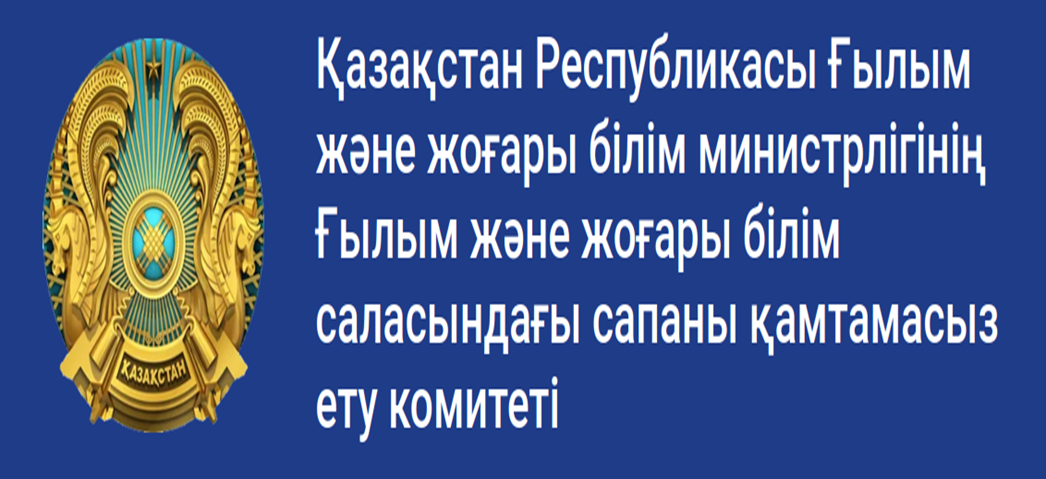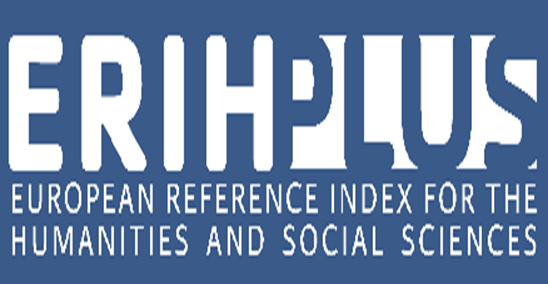Индийские сюжеты в поэме Сакена Сейфуллина «Кокшетау»
Просмотры: 716 / Загрузок PDF: 163
DOI:
https://doi.org/10.32523/2664-5157-2020-2-4-37-46Ключевые слова:
индийские истории, «бродячие» сюжеты, древние ценности, санскрит, легенды, калмыцкая девушка, загадка, верность клятве, аллегорический рассказ, восточные традицииАннотация
В казахской литературе существует достаточное количество произведений, основанных на древ-
них сюжетах, которые своими корнями уходят в многовековую историю. Чем больше мы изучаем происхождение повествований, занимающих центральное место в этих произведениях, тем больше мы начинаем понимать их глу-
бинный смысл. Основная масса этих сюжетов связана с древними сказаниями, баснями, которые давно забыты.
Как зародились и возникли эти сюжеты, как эти сюжеты развивались в разные периоды истории человечества,
как они изменялись с течением времени – это вопросы, которые требуют скурупулезного исследования. Наряду с
этими изысканиями представляется необходимым расширение исследования данного вопроса. В современных ис-
следованиях художественной литературы необходимо обратить внимание на то, что в известных художественных
произведениях современной эпохи используются сюжеты древних литературных паямятников. Они, эти сюжеты,
берутся за основу, интерпретируются, мастерски преображаются в текстах современных произведений. Данная
статья посвящена выявлению оригинальной основы одного сюжета знаменитой поэмы «Кокшетау», автором кото-
рой является выдающийся представитель казахской литературы Сакен Сейфуллин. Автор статьи предлагает соб-
ственное видение происхождения сюжетов поэмы «Кокшетау» Сакена Сейфуллина, источником которых являют-
ся широко распространившиеся по всему миру литературные памятники Древней Индии «Двадцать пять историй
Веталы», «Жемчужины бесед» (Джавахир ал-асмар), «Тотынама»
Скачивания
Литература
Zhizn’ Vikrami ili 32 istorii carskogo trona. Perevod s sanskrita P.Grincera [The life of Vikrami or 32 stories of the Royal throne. Translated from the Sanskrit by P. Grinter]. Moscow, Izdatel’stvo vostochnoj literatury [Publishing house of Oriental literature], 1960. 240 p. [in Russian].
Muhammad az-Zahiri as-Samarkandi. Sindbad-name. Perevod s M.Osmanova [Sinbad-nameh. Translated From M.Osmanov]. Moscow, Izdatel’stvo vostochnoj literatury [Publishing house of oriental literature], 1960. 314 p. [in Russian].
Hitopadesha. Poleznye nastavleniya. Perevod s hindi i obrabotka V.Bykova i R.Chervyakovoj [The hitopadesa. Useful instructions. Translation from Hindi and processing in V.Bykova and R.Chervyakova]. Moscow, Gosudarstvennoe izdatel’stvo detskoj literatury [State publishing house of children’s literature], 1958. 160 p. [in Russian].
Dvadcat’ pyat’ rasskazov Vetaly. Perevod s sanskrita R.Shor [Twenty-five stories of the Vetala. Translated from sanskrit by R. Shor]. Moscow, «Hudozhestvennaya literatura» [«Fiction»], 1939. 210 p. [in Russian].
Imad ibn Muhammad an-Naari. Zhemchuzhiny besed (Dzhavahir al-asmar). Perevod s persidskogo M.Osmanova [Pearls of conversation (Jawahir al-Asmar). Translated from the Persian by M.Osmanov]. Moscow, «Nauka», Gl. red. vostochnoj literatury [«Science», ed. oriental literature], 1985. 400 p. [in Russian].
Zija ad-Din Nahshabi. Kniga popugaya (Tuti-name) [The book of the parrot (Tuti-nameh)]. Moscow, Nauka, 1979. 350 p. [in Russian].
Seifullin S. Shygarmalary. T.3. Olender men poemalar [Works of S.Seifullin. V.3. Poems]. Astana, Foliant, 2013. 312 p. [in Kazakh].
Qasqabasov S. Altyn zhylga. Zertteuler men maqalalar [Golden beans. Research and articles]. Almaty, «Zhіbek zholy» BU, 2010. 576 p. [in Kazakh].
Dvadcat’ pyat’ rasskazov Vetaly. Perevod s sanskrita I.Serebryakova [Twenty-five stories of the Vetala. Translated from sanskrit I.Serebryakova.]. Moscow, Gosudarstvennoe izdatel’stvo hudozhestvennoj literatury [State publishing house of fiction], 1958. 148 p. [in Russian].
Serebryakov I. Indijskaya narodnaya kniga «Dvadcat’ pyat’ rasskazov Vetaly» [Indian folk book «Twenty-five stories of Vetala»]. Perevod s sanskrita I.Serebryakova [Translated from sanskrit I.Serebryakova]. Moscow, Gosudarstvennoe izdatel’stvo hudozhestvennoj literatury [State publishing house of fiction], 1958. 148 p. [in Russian].
Volshebnyj mertvec. Skazki. Perevod, vstupitel’naya stat’ya i primechaniya B.Ya.Vladimircova. Vsemirnaya literature [The magic dead man. Fairy tales. Translation, introductory article and notes by B.Ya. Vladimirtsov. World literature]. Petersburg – Moscow, GIZ, 1923. 120 p. [in Russian].
Povesti, skazki, pritchi Drevnej Indii. Perevody s pali i sanskrita [Stories, fairy tales, parables of Ancient India. Translations from pali and sanskrit]. Moscow, «Nauka», 1964. 304 p. [in Russian].
Ziyaaddin Nahshabi. Totynama [Totynama]. Almaty, Zhazushy, 1991. 304 p. [in Russian].
Totynama. Kone-turkі-shagataj tіlіnen audargan Niyaz Tobysh [Totynama. Translated from the ancient turkic-chagatai language Niyaz Tobysh]. Aqtau, Sh. Esenov atyndaqy Aqtau memlekettіk universitetі baspasy [Publishing house of Aktau State University named after Sh.Yessenov], 2005. 196 p. [in Kazakh].
Totynama. Zhauapty redaktory Orazbek Qanapin [Totynama. Executive editor Orazbek Kanapin]. Shynzhan, Shynzhan halyq baspasy, 1987. 346 p. [in Kazakh].
Qirabaev S. Kop tomdyq shygarmalar zhinagy [Collection of multi-volume works]. T.6. Almaty, «Qazygurt», 2007. 424 p. [in Kazakh].
Otetіleuov B. Shygarmalar [Works]. Almaty, Qazaq memlekettіk korkem adebiet baspasy [Kazakh state publishing house of fiction], 1961. 180 p. [in Kazakh].
Загрузки
Опубликован
Как цитировать
Выпуск
Раздел
Лицензия
Copyright (c) 2021 Turkic Studies Journals

Это произведение доступно по лицензии Creative Commons «Attribution-NonCommercial» («Атрибуция — Некоммерческое использование») 4.0 Всемирная.


























